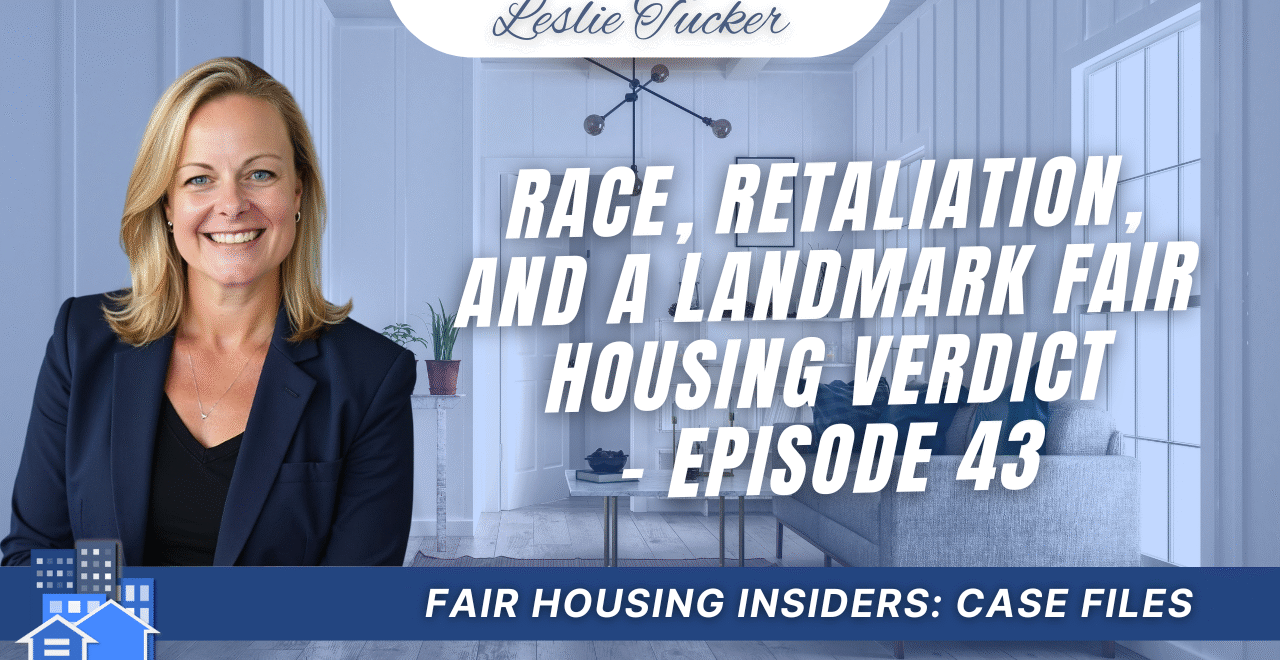Fair housing laws apply to every dwelling, regardless of its size, location, or ownership structure. That reality was brought into sharp focus in Commonwealth of Virginia v. Regina Turner, a case involving a small Virginia campground and a jury verdict that sent shockwaves through the industry.
This case, and the $750,000* judgment that followed, is a clear reminder that compliance with fair housing laws isn’t just for large apartment communities—it’s for everyone in housing.
What Happened at Lazy Cove Campground?
Angela and Damien, an interracial married couple, leased a campsite at Lazy Cove Campground in Franklin County, Virginia. Angela, who is white, finalized the lease with the property owner, Regina Turner, during a visit with her son. Damien, who is Black, was not present at the time.
After the couple began using the site regularly, Regina saw Damien for the first time and soon after began telling other tenants she wouldn’t have rented to Angela had she known she was married to a Black man. She expressed explicit racial bias, even referencing the couple’s biracial son in a derogatory way.
After becoming aware of the owner’s comments to other tenants, Angela and Damien felt that they could not continue to lease the campsite, even though they loved spending time there. However, Regina allegedly refused to let them sell their camper on-site (which is how they had purchased it) and ultimately forced them to remove it entirely, despite having no lease violations or behavioral issues.
Legal Action and the Largest Housing Verdict in State History
Angela and Damien filed a fair housing complaint, which led to a formal charge by the Virginia Fair Housing Office. The Virginia Attorney General’s office took the case to trial, where witness testimony—including a recorded conversation between the owner and another tenant—solidified the case against Regina Turner.
The jury awarded the family $100,000 in compensatory damages and a staggering $550,000 in punitive damages. The case now stands as the largest housing discrimination verdict in the state’s history.
Fair Housing Applies to Everyone—Even Campgrounds
This wasn’t a high-rise apartment or a multifamily housing corporation. It was a privately owned campground. But because the site was a rented dwelling, the Fair Housing Act applied in full force.
That’s a crucial reminder for all landlords, managers, and property owners, regardless of the size of their operations.
Key Lessons for Property Managers and Housing Providers
This case highlights several essential lessons for anyone involved in the housing sector. First, discrimination based on race is illegal. That means treating someone differently because of the race of their spouse, family member, or guest is a direct violation of fair housing law. Second, documentation matters. Without any record of lease violations or behavioral issues, actions like non-renewals can appear—and be proven—as discriminatory.
Third, words matter. Casual comments or jokes, even if not intended for a wide audience, can become damaging evidence in court. Lastly, ongoing fair housing training is critical. While training can’t eliminate personal bias, it can reinforce legal responsibilities and help prevent unlawful decisions. This case serves as a strong reminder that professionalism, compliance, and education are non-negotiable in the housing industry.
Compliance Is the Foundation of Trust
Whether you manage hundreds of apartment units or a handful of campsites, your duty to uphold fair housing laws remains the same. Training, documentation, and consistent practices aren’t just tools to avoid lawsuits; they’re a sign of integrity and professionalism.
Let this case serve as a powerful reminder: discrimination doesn’t have to be overt to be unlawful. And when it is overt, the consequences, financial, legal, and reputational, can be severe.
Stay informed. Stay compliant. And always lead with fairness.
*Please note that while not stated, another family was involved in this case and was also awarded $100,000.00
You Might Also Like:
- Update on the Accessible Parking Case You’ve Been Following – Episode 49
- When Eviction Becomes Retaliation – Episode 48
- Case Files: The Price of Parking Discrimination – Episode 47
- Case Files: ESA Denied After Online Provider Verification—What Went Wrong? – Episode 46
- Case Files: When Mold, Disability, and Retaliation Collide – Episode 45

